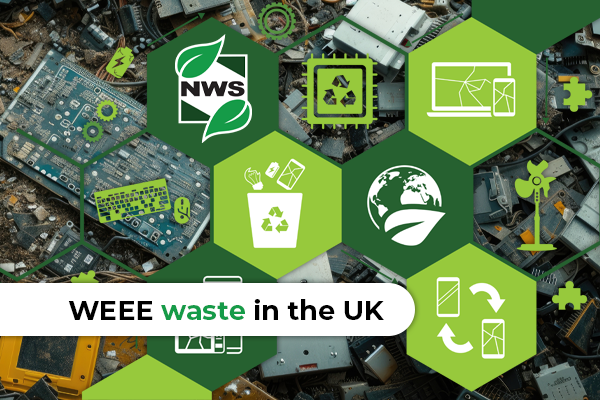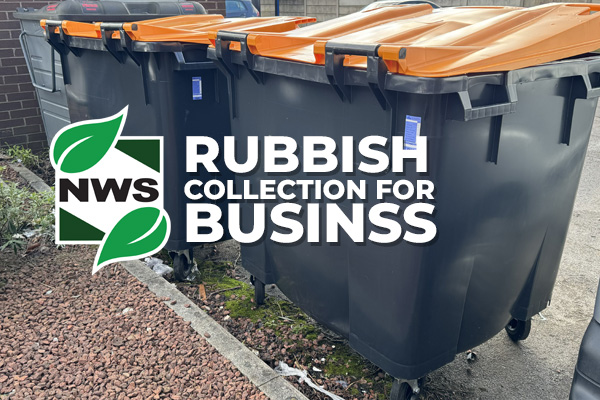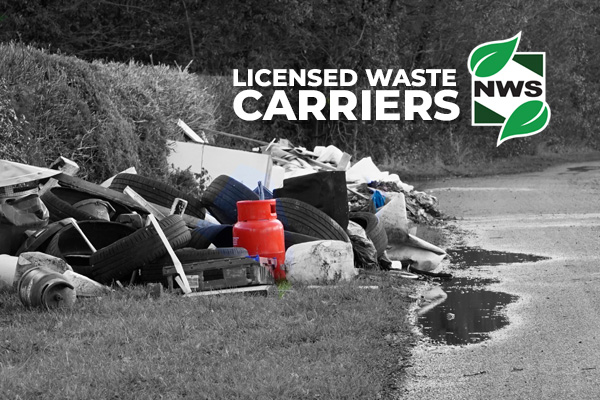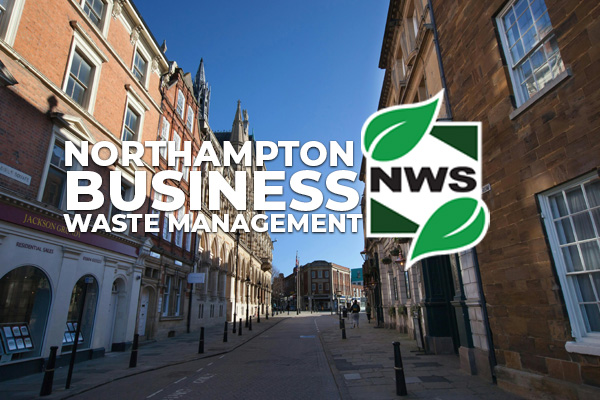The UK is gearing up to introduce a Deposit Return Scheme (DRS) as part of its efforts to tackle waste and promote recycling. This scheme aims to encourage the return of used beverage containers, such as plastic bottles and aluminum cans, by offering a financial incentive. The DRS has the potential to significantly reduce waste, improve recycling rates, and bring about environmental and economic benefits. In this article, we will explore the advantages of the DRS, its long-term effects on the environment and economy, its impact on small businesses, potential barriers to adoption, and the reasons behind the delay in rolling out the scheme in the UK.

The Benefits of the Deposit Return Scheme
The Deposit Return Scheme offers several key benefits for waste management and the environment. According to statistics from countries that have already implemented similar schemes, such as Germany and Norway, the introduction of a DRS can lead to:
a) Increased Recycling Rates: The DRS incentivizes consumers to return their used beverage containers for a refundable deposit. As a result, recycling rates for these containers have shown significant improvement in countries with established schemes. For example, Germany has achieved a recycling rate of over 90% for plastic bottles through its DRS.
b) Reduction in Litter: By creating a financial incentive to return beverage containers, the DRS helps to reduce litter in public spaces, streets, and water bodies. This helps to preserve the natural environment, protect wildlife, and maintain the aesthetic appeal of towns and cities.
c) Resource Conservation: The scheme promotes the circular economy by encouraging the reuse and recycling of materials. By returning containers for reuse or recycling, valuable resources like plastic and aluminum can be conserved, reducing the need for virgin materials and the associated environmental impacts of extraction and production.
d) Greenhouse Gas Emission Reduction: Recycling beverage containers helps to reduce greenhouse gas emissions associated with the production of new containers from raw materials. Recycling aluminum, for instance, requires significantly less energy compared to producing virgin aluminum, resulting in lower carbon emissions.
Impact on the Economy and Small Businesses
The Deposit Return Scheme can have positive economic effects, particularly for small businesses involved in waste management and recycling. Some of these effects include:
a) Job Creation: The implementation of the DRS is expected to create new employment opportunities in the recycling and waste management sector. With increased collection and processing of beverage containers, there will be a need for additional workers in sorting facilities, recycling plants, and transportation.
b) Industry Growth: The DRS can stimulate growth in the recycling industry by increasing the demand for recycled materials. This, in turn, can lead to the development of new recycling facilities and businesses, providing economic opportunities and diversification.
c) Increased Revenue for Small Businesses: Small businesses involved in collecting and processing returned beverage containers can benefit from the additional revenue generated by the scheme. By participating in the collection infrastructure, small businesses can receive handling fees for each container returned.
d) Cost Savings for Local Authorities: Local authorities responsible for waste management can benefit from reduced collection and disposal costs as a result of increased recycling. By diverting beverage containers from landfill, the scheme can help lower waste management expenses.
However, the implementation of the DRS may present some challenges and barriers for small businesses, including:
a) Initial Investment: Small businesses may face financial constraints when setting up collection points and handling facilities required for the scheme. The purchase of specialized equipment, such as reverse vending machines, can be costly, potentially limiting the participation of small businesses.
b) Space Limitations: Limited space for infrastructure, such as collection points and storage facilities, can be a challenge for small businesses, particularly in urban areas where space is at a premium. Collaboration and partnerships between businesses, local authorities, and community organizations can help overcome this barrier by sharing resources and optimizing space utilization.
c) Consumer Awareness and Participation: The success of the DRS relies on consumer engagement and participation. Small businesses may face challenges in educating consumers about the scheme and encouraging them to return their beverage containers. Public awareness campaigns, clear signage, and effective communication channels can help overcome this barrier and ensure widespread participation.
Delay in Rolling Out the Scheme in the UK
The delay in rolling out the Deposit Return Scheme in the UK can be attributed to several factors. One of the primary reasons is the complexity of implementing a nationwide scheme that involves multiple stakeholders, including retailers, manufacturers, waste management companies, and government bodies. Developing the necessary infrastructure, such as collection points and processing facilities, requires careful planning and coordination.
Another factor contributing to the delay is the need for extensive consultations and impact assessments to determine the most effective and efficient scheme design for the UK context. The government has been consulting with industry experts, environmental organisations, and other stakeholders to ensure that the DRS is tailored to the specific needs and challenges of the UK.
Additionally, there have been discussions and debates regarding the scope of the DRS, including which types of beverage containers should be included and what the deposit amount should be. These deliberations aim to strike a balance between maximizing the scheme’s impact on waste reduction while considering the feasibility and costs associated with implementation.
Furthermore, the delay can be attributed to the need for legislative processes and amendments. The government is working on drafting and passing legislation to enable the implementation of the DRS. This involves careful consideration of existing laws, regulations, and frameworks to ensure a smooth integration of the scheme into the current waste management system.
Despite the delays, it is important to note that the UK government has shown commitment to introducing the Deposit Return Scheme. The delay is a result of the government’s efforts to ensure a well-planned and effective scheme that will deliver the desired environmental and economic benefits.
And finally…
The UK’s Deposit Return Scheme holds great potential for reducing waste, improving recycling rates, and creating a sustainable economy. By offering a financial incentive for the return of used beverage containers, the scheme encourages responsible consumer behavior and promotes resource conservation. The DRS can have positive long-term effects on the environment by reducing litter, conserving resources, and lowering greenhouse gas emissions. Additionally, small businesses can benefit from increased revenue and job opportunities. While there may be barriers to adoption, such as initial investment and consumer awareness, these challenges can be overcome through collaboration, education, and effective communication. Although the rollout of the scheme has faced delays, the UK government’s commitment to implementing the DRS ensures a comprehensive and well-designed system that will bring about positive change in waste management and recycling practices.
Other Reading
1. GOV.UK – Deposit Return Scheme for England, Wales, and Northern Ireland(https://www.gov.uk/government/collections/deposit-return-schemes-for-drinks-containers) – This is the official government website that provides comprehensive information about the Deposit Return Scheme in England, Wales, and Northern Ireland. It includes details about the scheme’s objectives, implementation plans, and key updates.
2. Recycle Now – Deposit Return Scheme(https://www.recyclenow.com/recycling-knowledge/how-is-it-recycled/plastic/deposit-return-scheme) – Recycle Now is a UK recycling campaign that provides information and resources for individuals and businesses. Their page on the Deposit Return Scheme offers an overview of how the scheme works, its environmental benefits, and how it contributes to increasing recycling rates.
3. The Guardian – UK to Introduce Deposit Return Scheme (https://www.theguardian.com/environment/2020/jul/28/uk-to-introduce-deposit-return-scheme-for-plastic-bottles-and-cans) – This article by The Guardian discusses the UK’s plan to introduce a Deposit Return Scheme for plastic bottles and cans. It provides insights into the government’s aims, the potential impact on recycling rates, and the opinions of various stakeholders.
4. BBC News – Deposit Return Scheme Could Increase Waste (https://www.bbc.co.uk/news/uk-57938034) – MSPs have been told a deposit return scheme for drinking containers could unintentionally increase plastic waste.
5. Greenpeace UK – Deposit Return Scheme Explained (https://www.greenpeace.org.uk/news/deposit-return-scheme-explained/) – Greenpeace UK provides an informative article that explains the Deposit Return Scheme in an accessible manner. It highlights the importance of reducing plastic pollution, how the scheme encourages recycling, and the role of individuals in making it a success.
Please note that the information provided in these links may be subject to updates and changes as the scheme progresses, so it is always a good idea to refer to official government sources for the most up-to-date information









